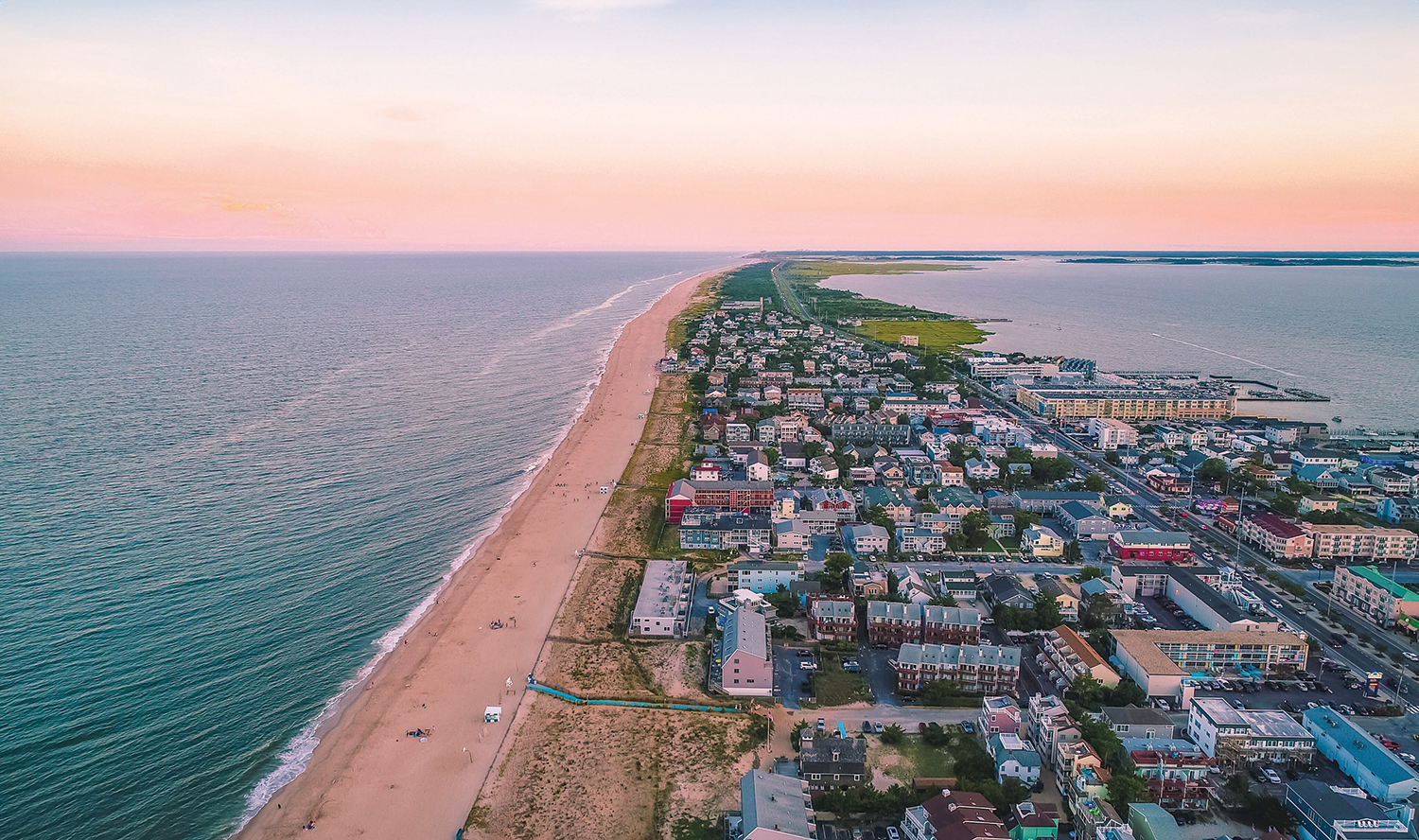You made it. You’ve unpacked your suitcase, slathered yourself in sunscreen, and have the perfect spot scouted out on our local beaches. It’s time to unwind and forget about the daily deadlines at home. Although the beach provides the perfect backdrop to mitigate the stress of daily life it’s important to soak in the sun responsibly. From reducing plastic waste to protecting our local wildlife, here are a few tips to make your break from work one that doesn’t add to the environment’s workload.
Eco-Friendly Beach Guide
Use Reef-Safe Sunscreen:
It’s important to protect yourself from the sun, but don’t add to the plastics problem when doing so. Many sunscreens contain harmful chemicals that damage coral reefs and are ingested by marine life. Use reef-safe sunscreen options that are free of oxybenzone and octinoxate.
Choose Eco-Friendly Accommodations:
Chances are you’ve already booked your stays at the Delaware beaches this year but be mindful to seek out hotels and residences that implement sustainable practices, such as recycling programs, energy and water conservation, and the use of eco-friendly products.
Pack Light and Smart:
Avoid overpacking and bringing single-use items. Pack reusable items (water bottles, food containers, and bags). This reduces waste and helps protect the environment.
Respect Wildlife:
Keep a safe distance from wildlife and never feed them. Avoid touching or disturbing nesting sites and follow any local guidelines for interacting with wildlife.
Dispose of Waste Properly:
Use designated trash and recycling bins on the beach. If none are available, take your trash with you and dispose of it properly off-site.
Reduce Plastic Use:
If you dine out at Delaware establishments, avoid single-use plastics (straws, cups, and cutlery). Bring your own reusable alternatives, minimize the number of plastic take-home containers, and seek out eco-friendly options.

Support Local Conservation Efforts:
Consider participating in beach clean-up events or supporting local conservation organizations that work to protect the marine environment.
Conserve Water:
Be mindful of your water usage. Take shorter showers (which can use more than 4 gallons a minute), reuse towels, use a bowl in the sink, and use washing machines only when necessary.
Respect Local Regulations:
Familiarize yourself with and follow local regulations and guidelines for beach activities, such as bonfires, camping, and wildlife interactions.
Educate Yourself and Others:
Learn about the local marine ecosystem and how you can help protect it. Share this knowledge with others to raise awareness about environmental conservation.
By following these tips, you can enjoy a relaxing beach vacation while minimizing your environmental impact. Small changes can make a big difference in preserving our beaches and oceans for future generations.

If you encounter a stranded marine mammal or sea turtle, contact MERR Institute at (302) 864.0304 or email merrinstitute@gmail.com. MERR is a 501(c)(3) organization dedicated to the conservation of marine mammals and sea turtles and their habitat. MERR provides rescue and response for stranded marine animals that occur throughout the State of Delaware.
Rob Rector has served as naturalist and board member for 20 years, is a certified Protected Species Observer, and leads weekly dolphin observation tours that use citizen science to gather information on our local Bottlenose Dolphin populations.
















